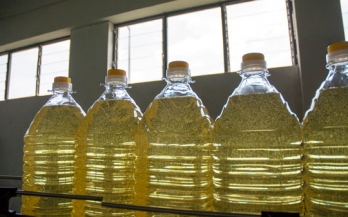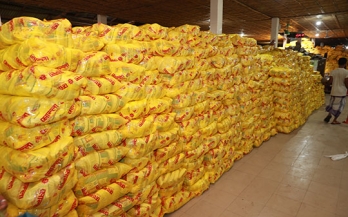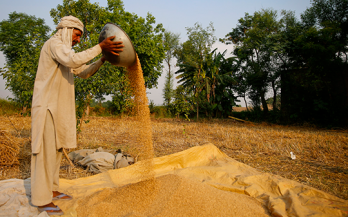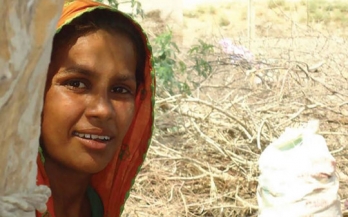GAIN through its experts have performed an economic impact analysis of Malnutrition in Pakistan. This analysis represents the potential economic impact of an intervention. For this purpose, "coefficients of loss," developed by international experts, evidence-based estimates of health risks and functional deficits associated with iron and folic acid deficiency have been used.
The program has an emphasis on improving fortification processes, regulations and monitoring in the region, in particular for flour exports from Kazakhstan to Afghanistan and edible oil exports from Pakistan to Afghanistan.
The department of Paediatrics and Child Health, Aga Khan University conducted the Pakistan National Nutrition Survey in 2011 to assess the population nutritional status, particularly among women and children using standard international parameters and indicators. This survey report describes the results of these additional analyses.
The aim of the survey was to provide data on household coverage and consumption of fortifiable and fortified foods among children and women of reproductive age, and availability and quality of fortified foods from markets in Pakistan.
The study analysed multiple program design options covering operational complexities, premix supply, the roles of private and public sectors, branding, marketing and advocacy, cost to consumer and quality assurance. This report presents the results of the various options evaluation and key conclusions drawn from the assessment.
This study report presents a costing model that was developed to calculate the total national cost as well as to estimate the probable increment in the retail price of fortifying wheat flour and edible oil produced by large flour mills and edible oil refineries with essential micronutrients, and to determine export price of these products.
The aim of this study was to review experience of the use of iodized salt in the food industry globally, and analyze the market context in Bangladesh and Pakistan to test whether this experience may be applicable to inform improved national universal salt iodization programming in developing countries.
In Afghanistan and Pakistan, there is a severe vitamin and mineral deficiency problem, including deficiencies in vitamin A, vitamin D, iron, folate and zinc. To effectively mobilize the industry and initiate the production of fortified wheat flour as per Afghan requirements, an industry assessment was conducted during November and December 2016.
This report highlights the successes of the global effort to eliminate iodine deficiency disorders as a public health problem. The report was commissioned as part of UNICEF-GAIN Partnership Project, funded by the Bill & Melinda Gates Foundation from 2008 to 2015, to improve iodine nutrition through salt iodisation.
Adolescents embody the future – figuratively and, in the case of mothers, literally. If their nutrition status is poor, then nutrition throughout the lifecycle will be fragile. This report aims to address this issue in three ways.










